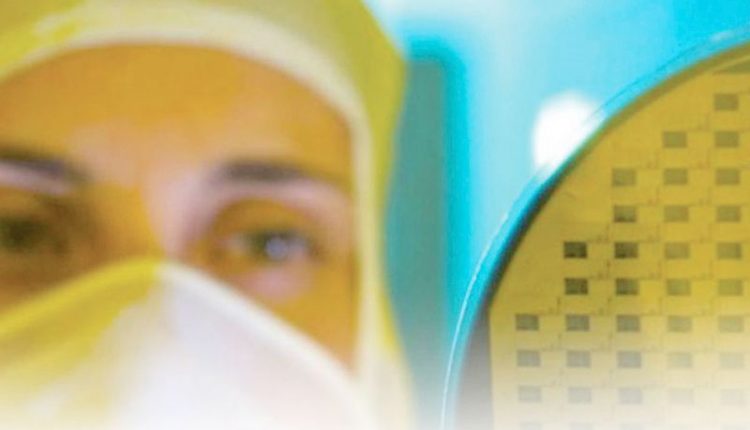In a report on the market outlook, international consulting firm Kearney said: “Today’s applications built on mature node semiconductors will, over time, move to more advanced nodes purely because of the advantages that a more advanced node technology will have for any semiconductor application; for example, reduced power consumption, higher density, etc.”
But STM decided midway through the last decade that it would quit the race to produce in-house chips with even greater circuit miniaturization. Its main reason was the huge upfront cost of the investment: up to $20 billion, according to Kearney, for a single fab that can produce 35,000 wafers a month at 5 nanometers.
As a result, fewer than a dozen plants with that capability are in operation, in places such as the U.S., Israel, South Korea and Taiwan, according to Kearney. Those locations have fabs that are producing at 10 nanometer nodes or less.
The high-stakes nature of the investment has been a problem.
In 1998, Europe produced 22 percent of the world’s semiconductors. In 2019, it produced just 8 percent, industry association Digital Europe said. It blamed the decline on the willingness of other regions of the world to introduce “a more favorable business climate.”
According to Kearney, the potential long-term cost of a 5 nanometer wafer fab investment in Europe is 33 percent higher than in South Korea, and 43 percent higher than in Taiwan. And 80 percent of the reason for those gaps is the generous incentives of the Asian governments, it reported.
In September, the European Commission stepped in with its proposal of a “Chips Act” to promote research and local production, with the target to bring the European Union’s share back to 20 percent. One possible hurdle: EU competition rules forbid state aid be used to defer costs during the chip production phase. Only research and pilot production incentives are allowed.
A directive is expected to be formally proposed in 2022, but any change of the rules will be subject to approval by all 27 EU countries.


